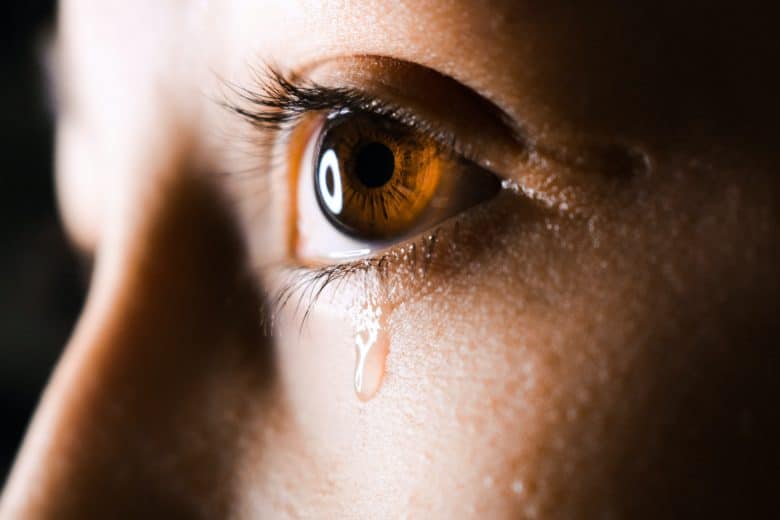When a single parent is killed in an accident of any type, it may be possible to pursue a wrongful death claim. However, this doesn’t always mean the children of the parent or parents are the ones who can file the claim. While the laws in each state differ, most states have similar laws in determining who is eligible to file this type of personal injury claim.
When a spouse is still alive, it would typically be the spouse who would file a lawsuit. However, sometimes this is not the case. This overview explores how most states regulate the eligibility of children in filing a wrongful death claim.
Who Can Sue in a Wrongful Death Claim?
Nowadays it is easy to draft your own online will, which is important as if there isn’t a legal will in place family members may have to request a hearing for the purposes of choosing a personal representative. Those eligible to serve as the representative can petition the court, leaving it up to a judge to choose one individual to pursue the wrongful death claim.
If the individual made a will before they died, the person they chose as their executor will typically act as a personal representative for the decedent. This means they have the authority to pursue a wrongful death claim on behalf of the family.
The personal representative is usually the spouse of the decedent except in cases where the individual was divorced, widowed, or single. If the individual was single and had no children, the closest living relative may serve as the personal representative, which means a sibling, aunt or uncle, or grandparent may pursue the claim.

If there isn’t a spouse but the decedent was survived by adult children, those children over the age of 25 are eligible to pursue the wrongful death claim. In these cases, one of the adult children has usually been named as the executor of the deceased parent’s will, so the issue is already settled.
If there isn’t a legal will in place, family members may have to request a hearing for the purposes of choosing a personal representative. Those eligible to serve as the representative can petition the court, leaving it up to a judge to choose one individual to pursue the wrongful death claim.
Can Minor Children Pursue a Claim?
Due to the complexities involved in pursuing legal action of any kind, children are prevented from pursuing personal injury matters on their own. When children are left behind after their parents have been killed in an accident, it will be up to the personal representative to act on their behalf.
In that situation, an adult is needed to communicate with the attorney and the court, and the adult must make decisions regarding the pursuance of the case.
However, this doesn’t leave the children without the ability to collect damages. A settlement or court award will be distributed according to the terms of the decedent’s will. In terms of minor children, their percentage of the settlement or award will be deposited into a trust for them.
Depending on the terms of the trust, the trustee may invest the money on the children’s behalf or use it for the upbringing of the children. Upon reaching a specific age, usually 21, the children will receive the money remaining in the trust.
What Damages Can Be Sought?
Seeking wrongful death compensation is a little different from other types of personal injury claims since there are a few additional types of damages that can be claimed. It’s also different in that a personal representative is filing the claim for damages instead of the individual directly affected by the accident. This may make it a little more difficult to prove certain types of damages, such as pain and suffering.

Generally, the following damages are claimed in a wrongful death lawsuit:
- Funeral and burial expenses
- Medical care costs if the individual received treatment before dying
- Loss of income
- Loss of inheritance
- Loss of consortium
- Loss of love, advice, caring, and nurturing
- Loss of other services provided by the decedent
You can avoid confusion after your death by creating a comprehensive estate plan. In addition to protecting your assets and planning for your future, your estate plan can be used to choose a personal representative.
If you do lose your life in an accident and it leads to a wrongful death claim, you will already have chosen the person to pursue damages on behalf of your family. This will make sure your children’s interests will be protected regardless of their ages.












Leave a Reply